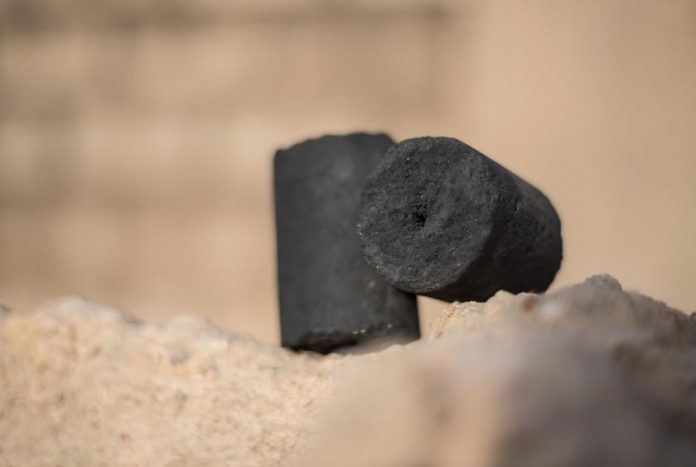By the UN Environment
Volunteering every weekend with humanitarian organizations is not for the faint-hearted. For Mani Yezid, a water and sanitation student in Burkina Faso, the work has been hard, but rewarding.
“I really wanted to make a difference in my community,” he said. “I saw a great difference that our work made, and I wanted to continue helping others in my capacity as a student studying water and sanitation issues.”
During his travel in Niger, Yezid hit upon a recurrent issue in areas where there was conflict: That many refugees didn’t know how to use gas for cooking, and preferred using coal and firewood
As a student at Burkina Faso’s International Institute for Water and Environmental Engineering in Ouagadougou (2iE)—where he works alongside Young Champion of the Earth for Africa in 2017, Mariama Mamane, he was acutely aware of the environmental destruction from deforestation to provide firewood for fuel, especially in Burkina Faso where many refugees are settling.
Wood is the dominant fuel used for cooking in rural households, accounting for more than half of Burkina Faso’s energy mix. Only around 18 percent of the population has access to electricity, and indoor pollution causes an estimated 16,500 premature deaths every year.
At the same time, the Food and Agriculture Organization of the United Nations estimates that around one-third of Burkina Faso’s productive land—around 9 million hectares—is degraded, and this area is expected to increase every year.
“Problems related to cooking energy are added to those related to malnutrition in camps,” said Yezid. “In cases where immediate action is needed, following a natural disaster or just after an influx of refugees, humanitarian organizations need to react promptly. At the start of interventions, food security is often a priority.”
There are energy-efficient stoves and briquettes made from non-wood products available, reducing deforestation and cutting harmful indoor pollution. But when he teamed up with agricultural engineer Judith Djaonaiel, the pair realized more local solutions were needed.
“We hope that our eco-charcoal fireplaces can help families to cook food they are provided with in the camps, in an environmentally sustainable way, while also helping women carry out other income-generating activities like selling cakes and other foods,” said Djaonaiel.
The duo founded Green Brikstove using their expertise and combined passion to work with communities in Ouagadougou and the surrounding area to test their products. The briquettes are made purely from food waste, and the efficient and quick-cook stoves are made from recycled shipping containers and boat parts, which they get from the ports of Lomé in Togo, Cotonou in Benin and Abidjan, Côte d’Ivoire. Read more>>



